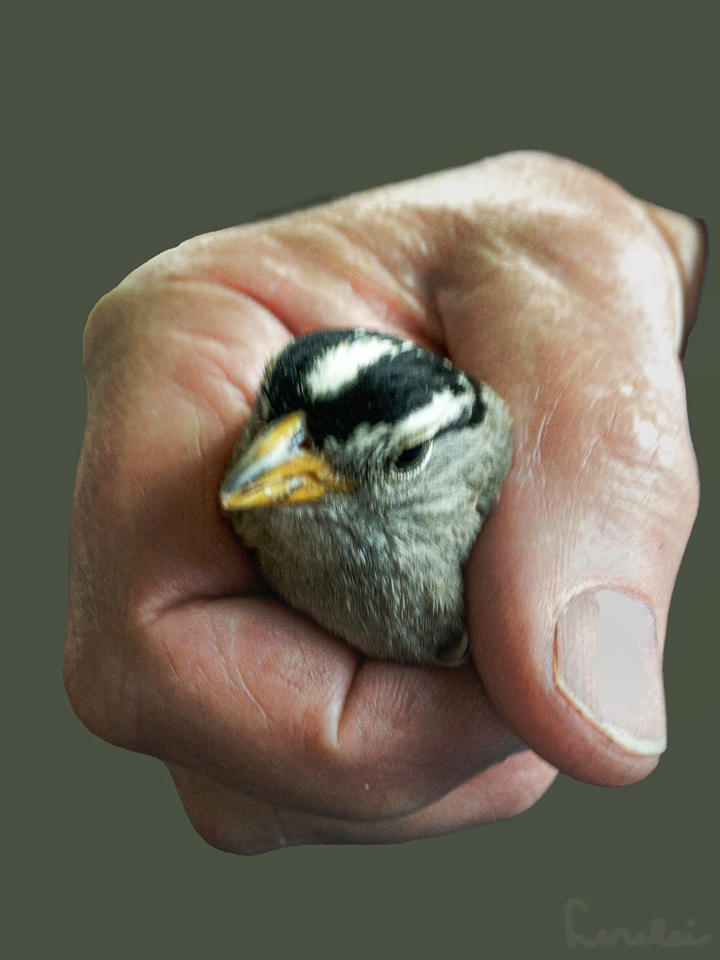 Thud! Uh, oh. A bird must have hit our living room window. We don’t often see ‘cool’ birds at our house. Once in a while, we have beautiful bluebirds, but mostly we see crows, vultures, robins, and the ever-present sparrow. Was it even worth checking if the poor bird was dead or alive? Dear Husband who is a softee, went out to see. In a minute, he came back cradling a little sparrow in his hand. I was ‘too busy’ to tend to a sparrow, but Husband sat down holding the tiny creature gently, admiring the small striped head. He waited patiently for signs of recovery and was rewarded about 30 minutes later when two bright, little eyes opened. Then it began to stir and before long Husband took it back outside and opened his hand. The now alert sparrow took off without hesitation. Was it worth spending a half hour to save a sparrow? There are lots of them, so who would miss one? They sure aren’t special, or beautiful, or impressive- who uses a sparrow for a mascot or logo?! Sometimes they dirty our lawn chairs, and make the dogs bark. Yet one sparrow matters to God! He notices the death of one sparrow out of 1.6 billion on the planet. (1.)
Thud! Uh, oh. A bird must have hit our living room window. We don’t often see ‘cool’ birds at our house. Once in a while, we have beautiful bluebirds, but mostly we see crows, vultures, robins, and the ever-present sparrow. Was it even worth checking if the poor bird was dead or alive? Dear Husband who is a softee, went out to see. In a minute, he came back cradling a little sparrow in his hand. I was ‘too busy’ to tend to a sparrow, but Husband sat down holding the tiny creature gently, admiring the small striped head. He waited patiently for signs of recovery and was rewarded about 30 minutes later when two bright, little eyes opened. Then it began to stir and before long Husband took it back outside and opened his hand. The now alert sparrow took off without hesitation. Was it worth spending a half hour to save a sparrow? There are lots of them, so who would miss one? They sure aren’t special, or beautiful, or impressive- who uses a sparrow for a mascot or logo?! Sometimes they dirty our lawn chairs, and make the dogs bark. Yet one sparrow matters to God! He notices the death of one sparrow out of 1.6 billion on the planet. (1.)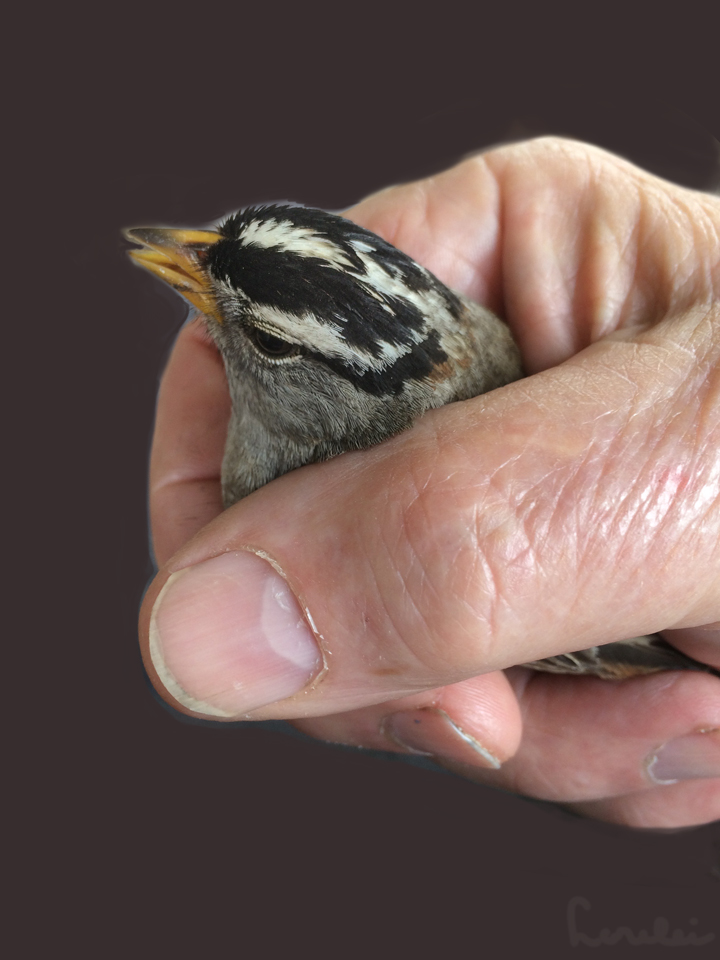
“What is the price of two sparrows—one copper coin? But not a single sparrow can fall to the ground without your Father knowing it.” Matthew 10:29
The Chinese Communist Party under Mao instigated a campaign in 1959 that “Man Must Conquer Nature”. Draconian measures were used to change ancient agricultural methods, deforest large areas, and exterminate four pests to move China forward. Chemical sprays were used generously to eradicate mosquitos and flies, while poison was used on rats. Mao had decided that sparrows were eating too much of the country’s grain and were standing in the way of higher agricultural production. A clever propaganda campaign was aimed at children, encouraging them to kill every sparrow they could. Classrooms of children were taken outdoors to kill sparrows in the name of moving their country forward toward prosperity. The children were rewarded for destroying nests, eggs, and young birds. They beat pans to make noise to prevent adult sparrows from roosting so the birds would die of exhaustion. And they were very successful. The problem was that Mao didn’t base his feelings about sparrows on fact. In the end, a scientist did autopsies on dead birds which disclosed that their stomachs contained insects, not the grain diet Mao accused them of eating. (Sparrows do also eat grain, but the made up large amount of grain they were accused of eating had no basis in fact. Nor was their small consumption weighed against their benefits.) Shortly thereafter when hordes of locusts invaded the country now without natural predators, they devastated the crops. The combination of ill-conceived government programs forcing farmers to use unproven farming methods while forcing large parts of the agricultural labor force into industrialization, uncontrolled insect infestation that wiped out the crops, and low rainfall resulted in “the 1960 Great Chinese Famine, the deadliest man-made famine ever recorded, killing 55 million people. Mao ended the war against the sparrows and declared bed bugs to be the new “fourth pest.” In the end, Mao had to import 250,000 sparrows from the USSR to replenish the sparrows and end the locust population’s devastating effect.” (2.) “Mao’s insistence that “Man Must Conquer Nature,” and the link between the abuse of people and the abuse of nature became unusually stark and transparent.” (3.)
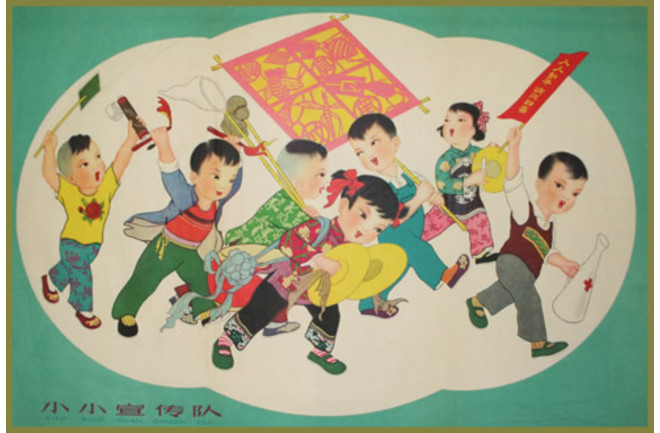
We as limited human beings have always been tempted to raise ourselves and our desires above everything else. We scheme, cheat, and force our plans on others including Creation in order to get what we want. We elevate ourselves and push those with less power down. But God shows us a better way. He teaches us to value and respect what he has made- even the things that seem unimportant.
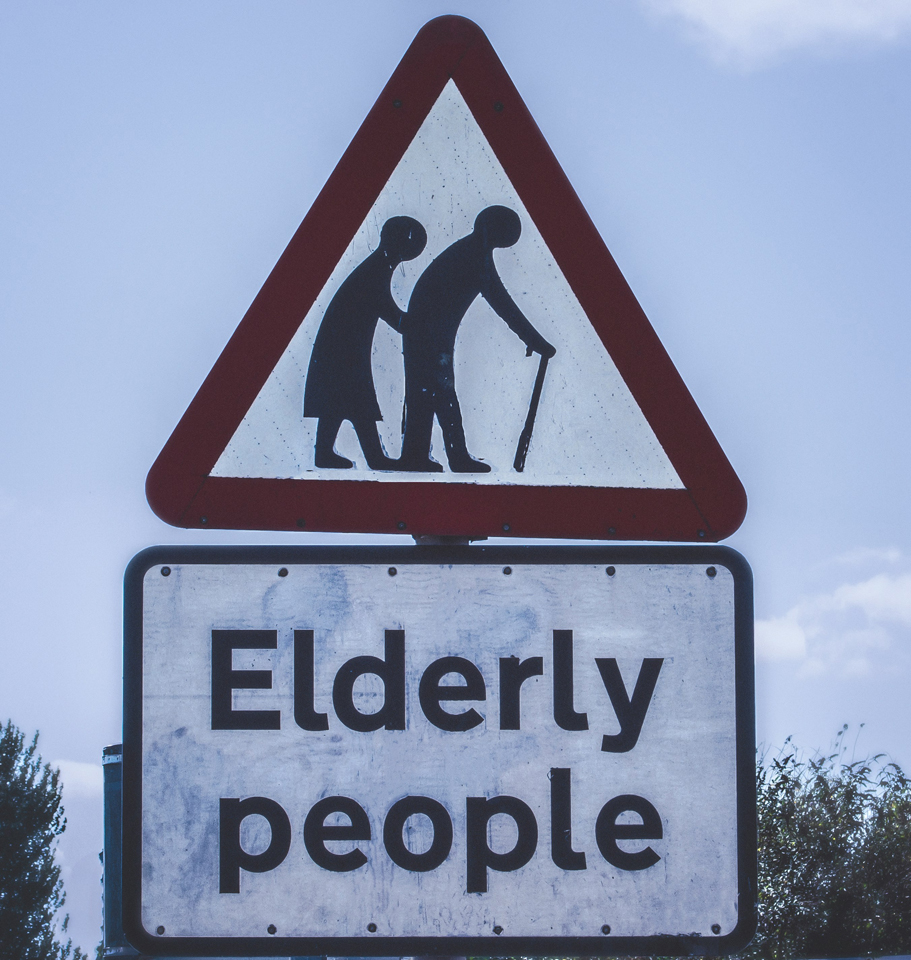
How often are we guilty of assigning lesser value to another human based on our faulty standards? An elderly person is driving slowly or a crippled person is walking slowly and holding us up, so we get impatient and wish they’d get out of the way and let us get on with our business. A tired child is whining loudly in the store and we wish they’d shut up and let us shop peacefully. The check-out clerk made a mistake ringing up someone’s purchase and we think she’s stupid and resent the extra wait. The waitress didn’t bring our food while it was hot and we think she’s lazy. In big and small ways we degrade other human beings if they make life inconvenient for us. How dare they impede our important lives?! They aren’t as important as we are and we disdain them because we classify them as too old, too young, not smart enough or fast enough.
This impatience which stems from disrespect and egotism must be guarded against in our families. We all know how easy it is to get annoyed when our child, or our spouse(!) won’t cooperate. We don’t stop to try to understand and meet their needs, we just push through to get our needs met. After all, we need to get this done or we need to leave now! Our tone of voice tells them that we value our own agenda/needs above them. But God has a different approach. He values the people and creatures we overlook or disrespect. He doesn’t get impatient. He doesn’t decide some are worth more than others, or that the end justifies the means.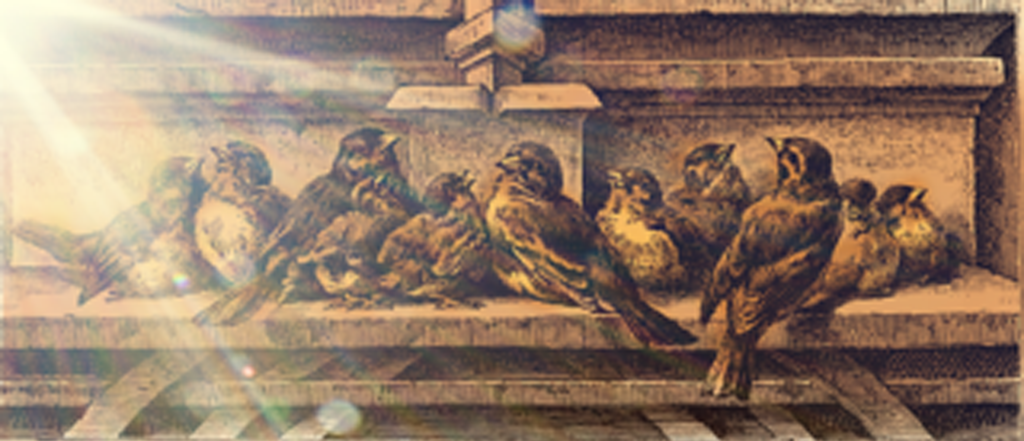
“What is the price of five sparrows—two copper coins? Yet God does not forget a single one of them. And the very hairs on your head are all numbered. So don’t be afraid; you are more valuable to God than a whole flock of sparrows.” Luke 12:6-7
This promise was given by Jesus to the people he was sending out to proclaim his message. He wanted them (and us) to know that each one of us has value to God. Our lives aren’t meaningless or random. Nor do we earn God’s care by being capable, or good, or useful. God is lovingly watching over all of us. Nothing happens to us that escapes his kind notice. We can be brave because we have a God who cares. We have a God who is limitless in his attention to every living thing and especially his children. We humans are common things when you consider that there are 8 billion of us today plus all the people who have lived before us. Maybe that’s why God used the common sparrow to show us that we don’t have to be important to be cared for by God.
God gives this promise of care to my neighbor as well as to me. Every one of us is important to God. Since God values even insignificant-to-us things, how should we relate to others and our environment? Whose standards should we use when considering who/what is important? Who deserves our respect?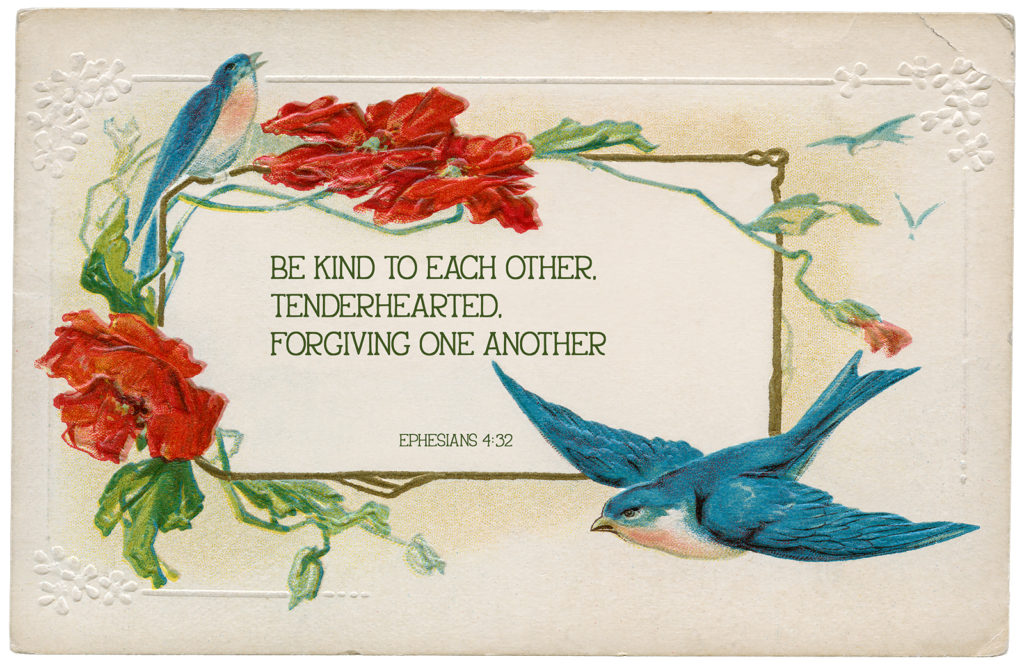
Just for Fun
Did you know that many wild birds who live in close proximity to humans can recognize our faces and voices? Although I couldn’t find a study on sparrows specifically, we know some wild birds nesting among us can remember us during their lifespan and they tell other birds in their flock whether we’re safe or not. They can pick-up on our tone of voice and facial expressions and remember if we threaten them. They recognize us by our hair color, voice, body size, body language, or if we usually wear a hat, camera, or jewelry. My father-in-law regularly fed the ravens who visited his yard. One raven was distinguishable by a crippled leg. This raven recognized him even if he took a walk in the woods and would light near him. Maybe this a hint of what Eden was like. And what we’ll enjoy on the New Earth!
A sparrow couple (many are monogamous) cooperates in nest building and incubation as well as feeding the young. Their lifespan is four to five years.
There are more than 40 species of sparrows in the US and Canada. House sparrows are on every continent except Antarctica.
They eat harmful insects that destroy crops,(They eat mosquito larvae and so help prevent malaria.), help pollinate plants, disperse seeds, eat weed seeds, and are a food source for other birds and animals.
1. (https://www.smithsonianmag.com/smart-news/50-billion-total-
wild-birds-inhabit-planet-study-estimates-180977753/)
2. https://www.wearethemighty.com/mighty-history/how-communist-chinas-war-against-sparrows-killed-55-million-people/
3. https://www.jstor.org/stable/23417758
Interesting discussion on Sparrows.
Jim’s Dad made bird houses years ago. two have been decorations on our back porch. This spring Sparrows built a nest in one of the houses. Must say they have been a noisy family. The babies are out and about. As I scrub the porch, I will remember your facts about them and remember God’ s great love for us his valuable children.
I’m chuckling about noisy and messy! That’s sure a picture of God’s children- us! (you’re living up to the name, ‘Scrubbin’ Dutch’, aren’t you?!)
I have this memory picture of my very petite Aunt Carrie telling us about scrubbing the sidewalk leading to the house. Down on her knees, of course. The neighborhood was referred to as the scrubby dutch . Clean is good. Forgiven is good.
Dear Husband is power washing our sidewalk as I type. I guess there are scrubby Irish, too! Clean is good. Forgiven is even better.